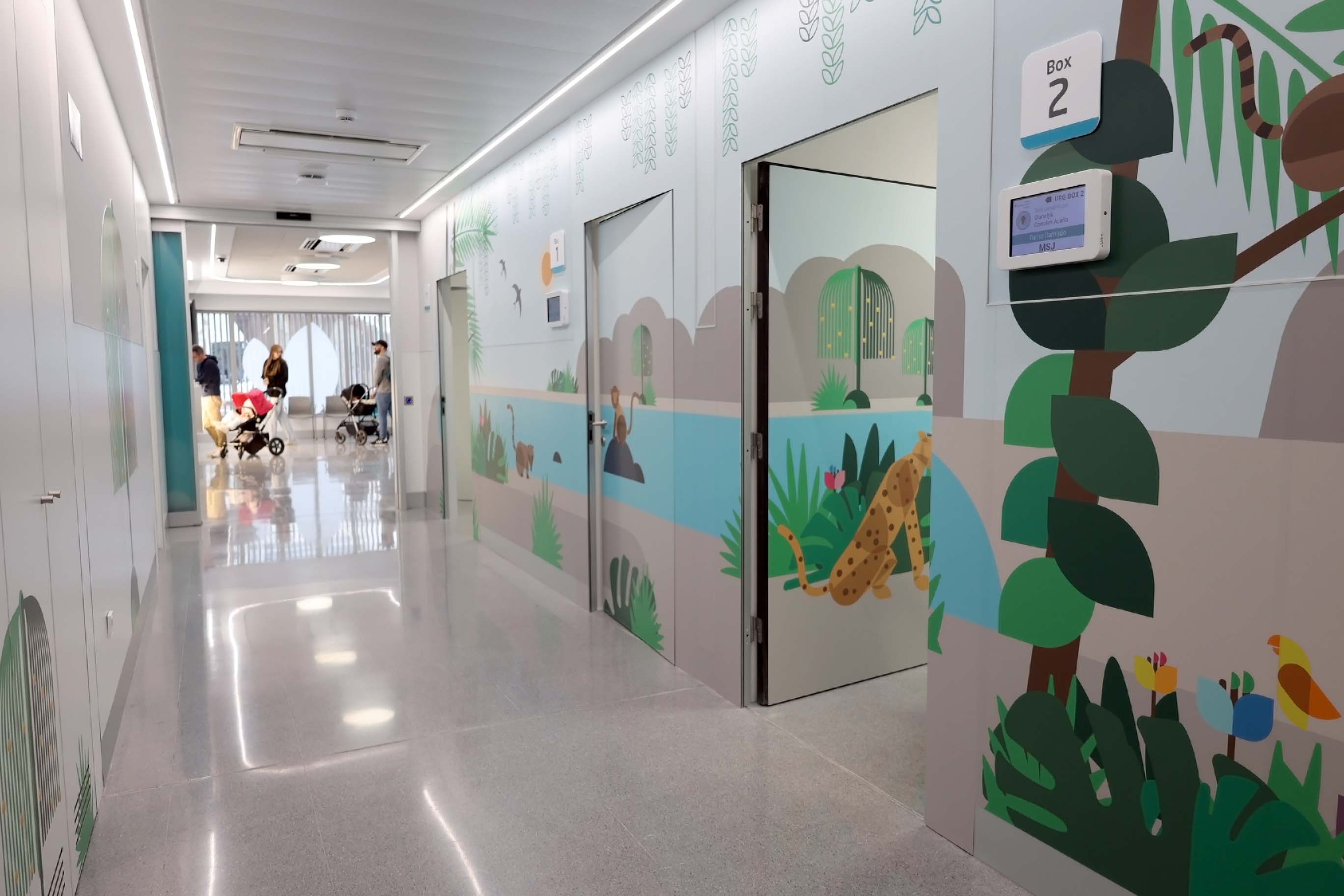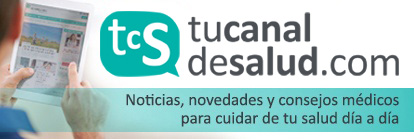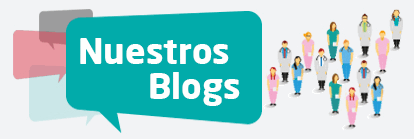The number of visits to the A&E escalate due to respiratory diseases
Most people overcome these diseases without major issues, however nursing babies are especially vulnerable

The arrival of the cold season is having an impact on hospital A&E units and, specially, in the paediatric department. The reason is the escalation of certain diseases that are most common at this time of the year. As Dr Adelaida Sánchez Bacallao, the Head of the Paediatrics Unit of the Quirónsalud Marbella Hospital, explains "all the respiratory diseases become intensified in the winter as a consequence of the proliferation of the respiratory syncytial virus (RSV), the adenovirus, the rhinovirus and the influenza, which are responsible for the flu and the colds".
The expert clarifies that most people overcome these diseases without major issues, however, nursing babies under 2 years of age are especially vulnerable to the infections caused by these viruses. "These viruses are responsible for bronchiolitis and bronchospasm that, on occasion, require hospitalisation".
The complications caused by the proliferation of these viruses can be reduced by complying with the official vaccination schedules which help build immunity before children are exposed to these diseases that can compromise their health. "Babies have not yet developed their immune system and vaccination is essential to provide them with the necessary protection to counteract the effects of the viruses. Our vaccination schedule provides protection for babies under 6 months old and this has contributed to hospital admissions becoming much lower for this age range", highlights the Head of the Paediatric A&E Unit.
Doctors at the Paediatric Unit of the Quirónsalud Marbella Hospital insist that we should remain alert for signs that can warn us of the presence of a respiratory disease. Should we detect fever or symptoms such as cough, throat ache or mucus, it is convenient to visit the doctor for professional medical advice. An adequate diagnosis shall determine the type of virus and help prescribe the most effective treatment.
Immediate response to an emergency situation
With the purpose of reinforcing an immediate and effective response to severe symptoms in paediatric patients, our Marbella hospital has been scenario of the paediatric intermediate cardiopulmonary resuscitation training program delivered to healthcare professionals working with children and new-borns. This course is delivered on a regular basis with the participation of all the members of the Paediatric Unit. During this forum, information on the detection and intervention in risk situations is analysed and evaluated though a theoretical and practical approach, and the types of obstructions of the airways and their resolutions are also visited.
The training sessions are divided in two parts. The initial part focuses on the theory that subsequently leads to focus on the development of a number of practical exercises with simulators. Well-reputed instructors in the field organise the course which grants an updated certification that is required by public institutions such as the Andalusian Health Quality Agency (ACSA, in its Spanish abbreviation).






















